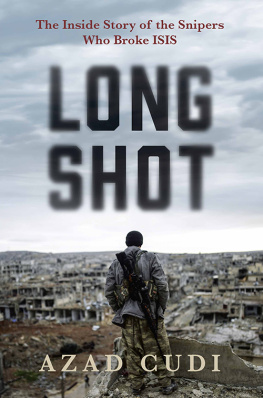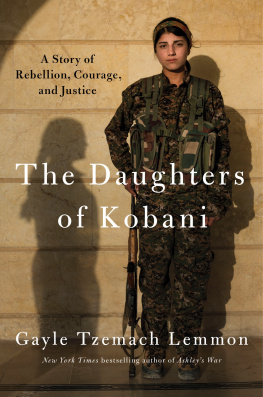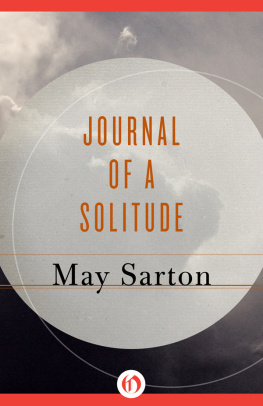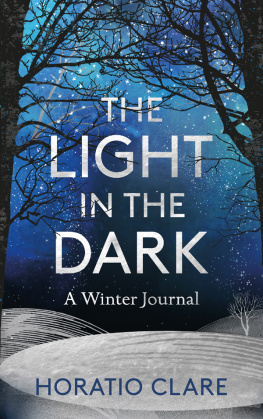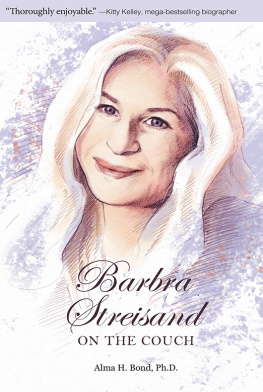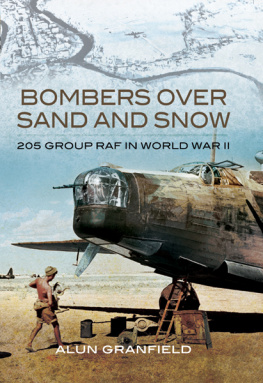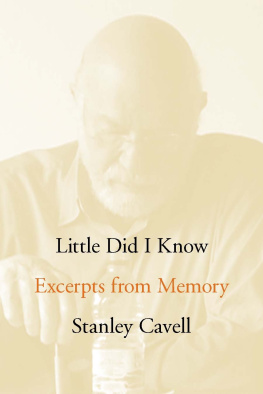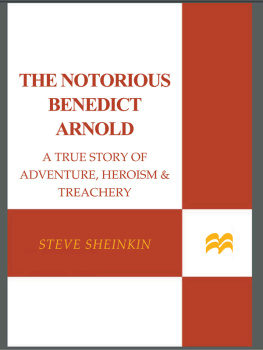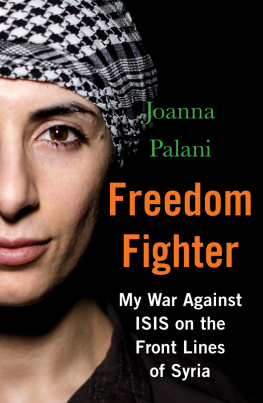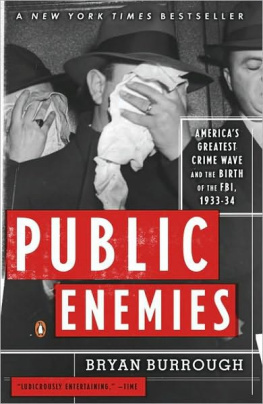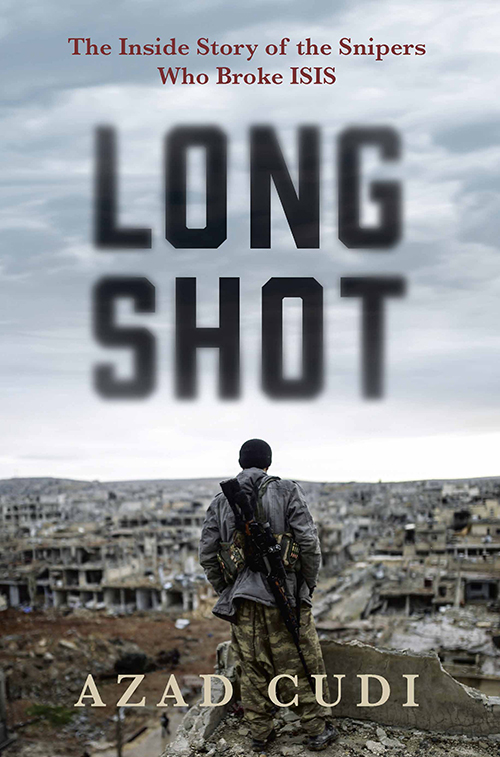The Inside Story of the Snipers
Who Broke ISIS
LONG
SHOT
AZAD CUDI

Copyright 2019 by Azad Cudi
Cover design by Daniel Rembert
Cover photograph BULENT KILIC/AFP/Getty Images
All rights reserved. No part of this book may be reproduced in any form or by any electronic or mechanical means, including information storage and retrieval systems, without permission in writing from the publisher, except by a reviewer, who may quote brief passages in a review. Scanning, uploading, and electronic distribution of this book or the facilitation of such without the permission of the publisher is prohibited. Please purchase only authorized electronic editions, and do not participate in or encourage electronic piracy of copyrighted materials. Your support of the authors rights is appreciated. Any member of educational institutions wishing to photocopy part or all of the work for classroom use, or anthology, should send inquiries to Grove Atlantic, 154 West 14th Street, New York, NY 10011 or .
Simultaneously published in Great Britain by Weidenfeld & Nicolson, an imprint of Orion Publishing Group.
Published simultaneously in Canada
Printed in the United States of America
First Grove Atlantic hardcover edition: February 2019
Library of Congress Cataloging-in-Publication data is available for this title.
ISBN 978-0-8021-2907-9
eISBN 978-0-8021-4689-2
Atlantic Monthly Press
an imprint of Grove Atlantic
154 West 14th Street
New York, NY 10011
Distributed by Publishers Group West
groveatlantic.com
19 20 21 22 10 9 8 7 6 5 4 3 2 1
For all freedoms martyrs who came before us, and for the thousands who fell in Kobani
My account of the 20132016 war against ISIS and, in particular, the five months of resistance in Kobani from late 2014 to early 2015 is based on my personal experience. I made extensive notes during the year I spent in Kobani immediately after my part in the fighting was over. Since then, I have consulted my comrades for their recollections, made free use of what records were kept by the YPG and YPJ, sought out official records from the US Department of Defense, interviewed historians, activists and journalists, and cross-referenced everything with media reports from the time. Any errors that remain are my own.
I am aware, of course, that while the essential facts of when and where ISIS advance across the Middle East was halted and reversed are well known, the story of how it happened on the ground is one hitherto untold. That is largely because so many of those who took part in those events did not survive them. It is my fallen comrades, above all, who have been my guide in these pages.
Leeds
February 2019

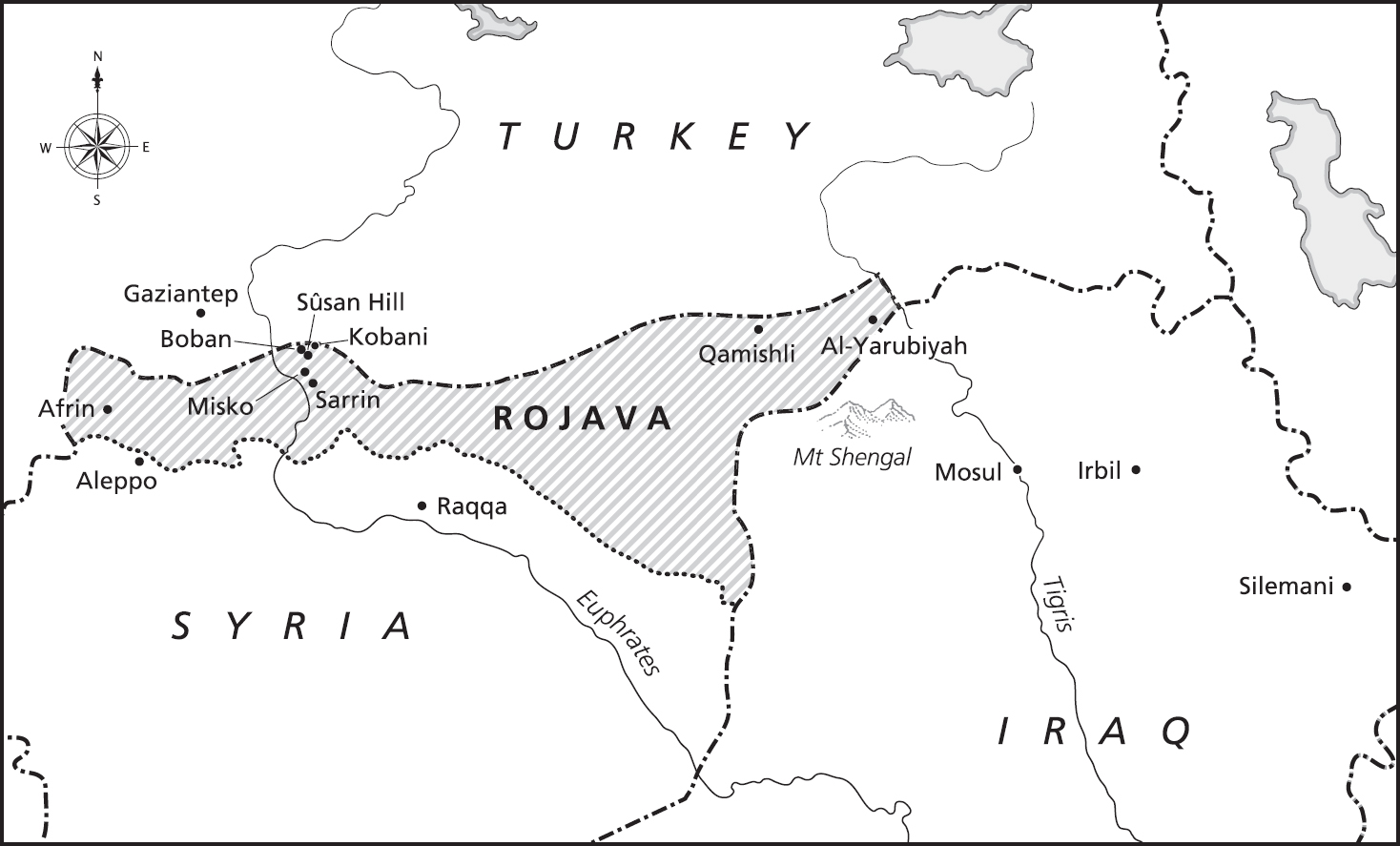
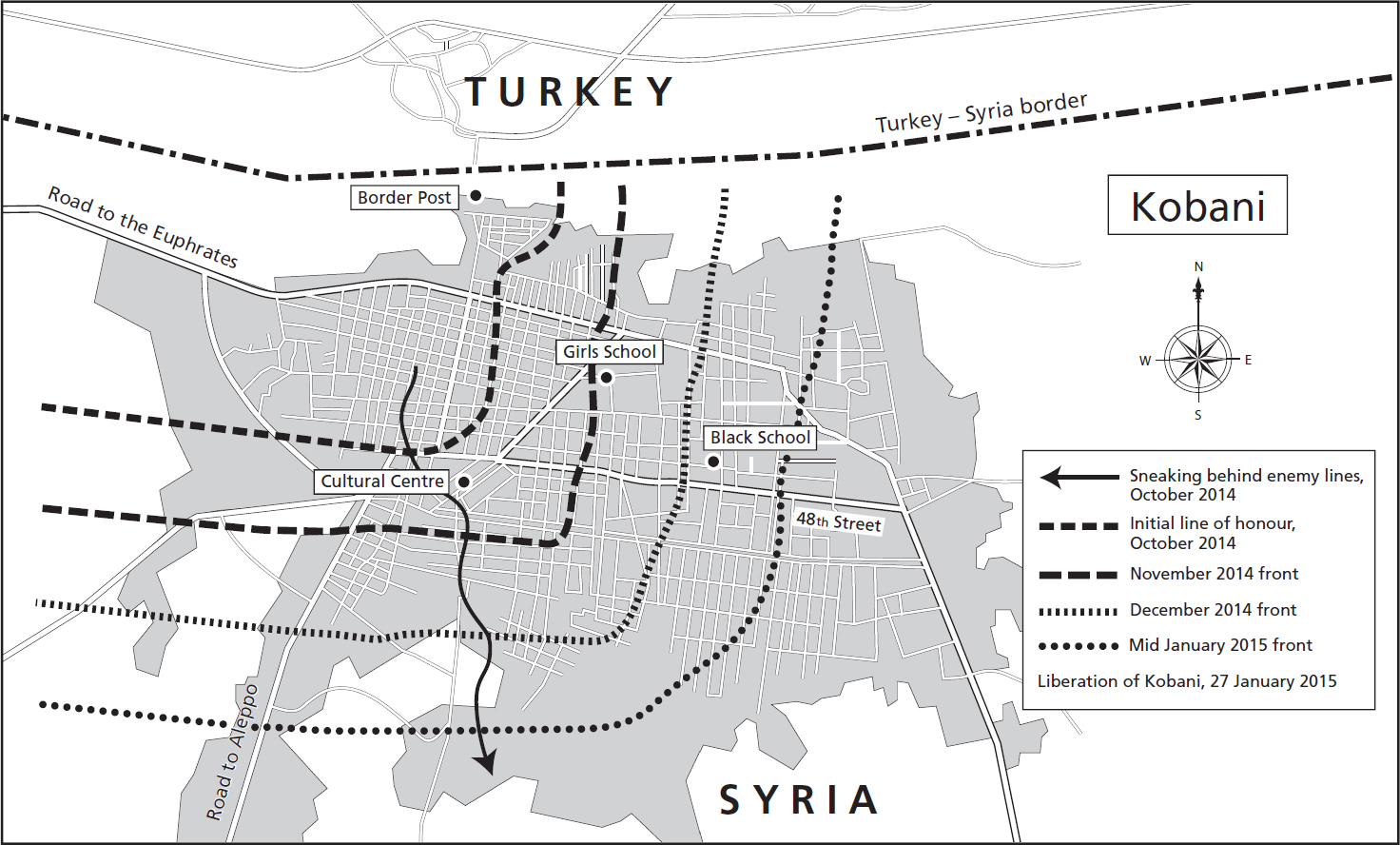
I have had many names Sora as a boy in Kurdistan, Darren in my British passport but as a sniper I went by Azad, which means free or freedom in Kurdish. During the war, my name would remind me of a Kurdish saying: that the tree of freedom is watered with blood. Its a proverb about righteous sacrifice, about how liberty is never easily given but requires long and painful struggle. And perhaps one day enough of our women and men will have fought and died that we will live in a world of peace, equality and dignity, drinking water from the mountain spring and eating mulberries from the trees. But Kobani was not that world. In Kobani, we lost thousands and we killed thousands and it was like that, feeding the earth of our homeland, drop by drop, that we nursed and raised our freedom.
I had been fighting for sixteen months in Kurdish territory in northern Syria by the day in April 2015 when I was asked to leave my position on the eastern front, close to the Turkish border, and join an advance on our southwestern one. We had recaptured Kobani in January. In the battles since, we had pushed the jihadis back far enough in every direction that crossing our territory was no longer a short dash through the streets but a five-hour drive across open country. As we set off, to the north across the Turkish border, I could make out the snowy peaks where they say Noah beached his ark. Below them, rolling towards us, were the wide, grassy valleys and pine forests of Mesopotamia, the land between the Euphrates and the Tigris where our people have lived for fifteen thousand years. As we drove further south, the slopes eased into prairie farms and bare-earth hills that rose and fell like the swell on a big sea. When the sun began to dip, I watched the late afternoon light play on the last of the apricot blossom and the red and yellow poppies by the side of the road.
Soon it was dark. The old farmers pickup in which I was travelling was in a terrible condition no suspension nor lights nor much tread on its tyres and the roads were rutted and slippery. I am not sure we managed more than twenty miles an hour the entire journey. At one point, we came across a group of our women comrades sitting around a fire and stopped for a glass of black tea. Finally, at 11 p.m., long after I was numb with bruises, we arrived at a small settlement of fifty mud-walled houses, some of them bearing the familiar signs of invasion: bullet holes, RPG splashes and the jihadis black graffiti. There I was asked to a briefing with the commanding officer, General Medya.
Medya was in her thirties and a veteran of more than a decade of fighting. She went into battle with her long black hair tied back in a ponytail and a green headscarf tugged down above her one working blue eye. One thing that outsiders always find surprising about the Kurdish resistance movement is our insistence that women and men are equal in all things, including war. In our Peoples Protection Units, a volunteer has to be eighteen to pick up a gun but otherwise all that matters to us is whether you are sharp and useful, not where you are from and certainly not the accident of your gender. Men and women fight alongside each other in separate entities: the YPJ, or Yekneyn Parastina Jin (pronounced yek-een-ayen para-steena jin), for women; and the YPG, or Yekneyn Parastina Gel (pronounced yek-een-ayen para-steena ghel), for men. And the women fight, kill and die as hard as the men, as ISIS can attest. We often talked about how confused the Islamists must have been to find a woman standing over them in their last moments. If they left this earth in doubt, then it made us doubly sure that we were the perfect army to defeat them.
Medya began by saying that the day of our liberation was at hand. The moment we took back the last yard of our homeland would be the one in which we saved our people. It would also be the day that civilisation and progress triumphed over the medieval backwardness of the jihadis. Though they would never admit it, we would be achieving what the great nations of Europe and the Americas could not. We would even be saving our oppressors in Turkey, Syria, Iraq and Iran. And with our victory, we would finally bring due attention and support to our cause of an autonomous Kurdistan.

